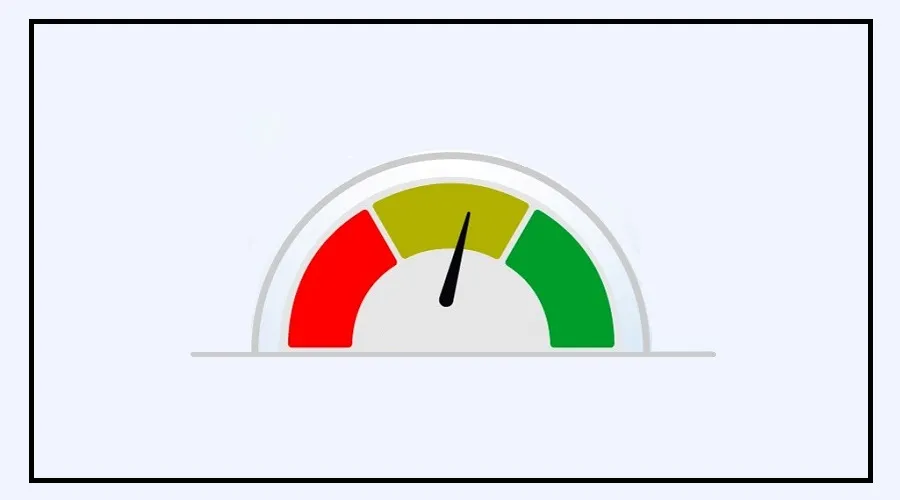The Central Government and the Reserve Bank of India (RBI) have announced a big change: first-time loan applicants will no longer need a minimum CIBIL score.
Banks cannot reject a loan request just because the person has no credit history. This decision will help millions of people who want a loan for the first time but either don’t have a credit record or have a low score.
Contents
New Rules for Loan Approval
Under the new rules, RBI has instructed banks to check a customer’s overall financial behavior instead of depending only on credit scores. This includes reviewing income certificates, employment details, and bank account balances.
The government has also made it clear that every individual has the right to get their credit report once a year, free of cost, in electronic format. Also, credit information companies cannot charge more than ₹100 for this service.
Importance of CIBIL Score and Credit Report
A CIBIL score is a three-digit number between 300 and 900, based on your credit history. A score above 750 is excellent and improves your chances of getting a loan.
But with the new rules, even people with scores below 300 can still apply for loans if their financial behavior is sound.
What Customers Should Do
To maintain a healthy credit profile, customers should:
Pay EMIs on time.
Use credit card limits carefully.
Avoid unnecessary loan applications.
Regularly check their credit reports to correct any mistakes.
Responsibility of Banks
Banks can no longer depend only on CIBIL scores. Instead, they must evaluate a customer’s complete financial health, including income, expenses, and repayment ability. This will make loan approvals more transparent and encourage financial inclusion.
Expert Opinion
Experts say this is a major reform in India’s financial sector. It will give more people, especially those from weaker economic backgrounds, easier access to credit. In the long run, this change will strengthen financial inclusion and boost economic growth in the country.

